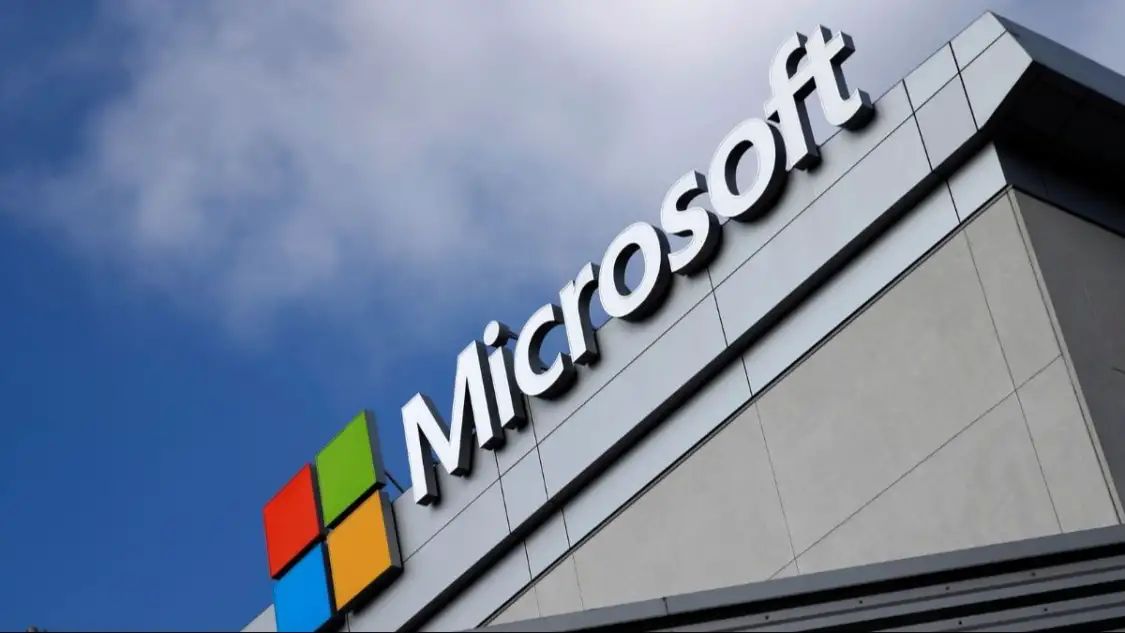Microsoft blocking prompts that will make Copilot generate offensive images
The engineer highlighted the concerns regarding the AI chatbot’s image generation capability. So the company will now start blocking prompts that make Microsoft’s AI chatbot, Copilot generate offensive images.
After a bit of digging by CNBC, Microsoft decided to tweak Copilot a bit. They’re blocking certain terms like “pro choice,” “pro life,” and “four twenty” that were flagged in the CNBC investigation. They’re also adding a warning that if you violate their policies too many times, you might get booted from using the tool.This warning basically tells users that if they use prompts that go against Microsoft’s content rules, they could lose access. Copilot is also now saying no to requests for generating images of teenagers or kids playing with assault rifles because Microsoft thinks it’s not cool to create that kind of content.
Microsoft’s spokesperson told the publication that they’re always keeping an eye on Copilot and making changes to make sure it’s safe to use. They’re putting in more controls to stop people from misusing the system.
Shane Jones, who’s a paty of the AI engineering department at Microsoft, wasn’t too thrilled with Copilot’s image generation. After poking around with it for months, he found that it was making images that didn’t align with Microsoft’s values, showing stuff like demons, monsters, and controversial scenes about abortion rights, violence, and kids doing things they shouldn’t.
Even though Microsoft blocked certain prompts, CNBC found out that there were still problems, like searching for “car accident” and getting back upsetting images, and there were issues with copyright stuff too.
Jones wasn’t happy, so he tried to talk to Microsoft about it back in December. But they didn’t pull Copilot from the shelves. So, he tried OpenAI, the folks behind the tech, and when that didn’t work, he went public with a letter on LinkedIn, asking for things to change. Microsoft didn’t like that and asked him to take it down. So, Jones reached out to some senators and the FTC.
Then, just to turn up the heat, Jones sent letters to the head of the FTC and Microsoft’s big bosses, making sure CNBC knew about it. The FTC got the letter but didn’t have much else to say about it.






